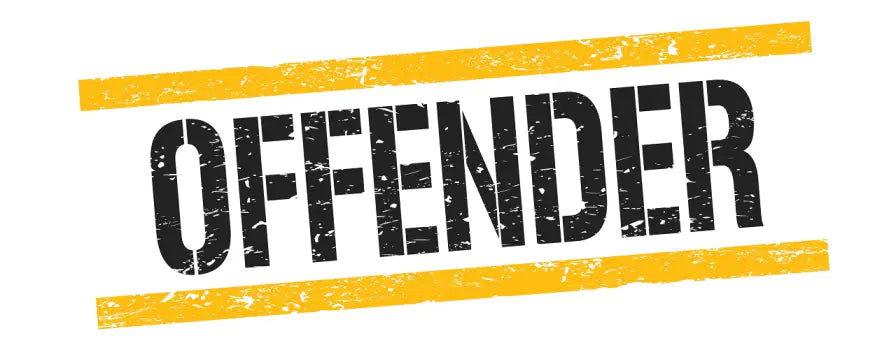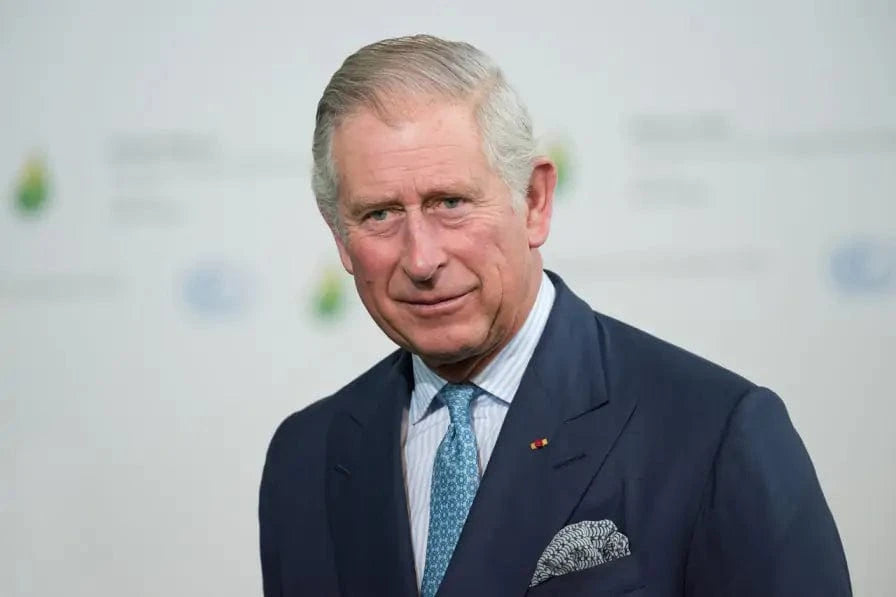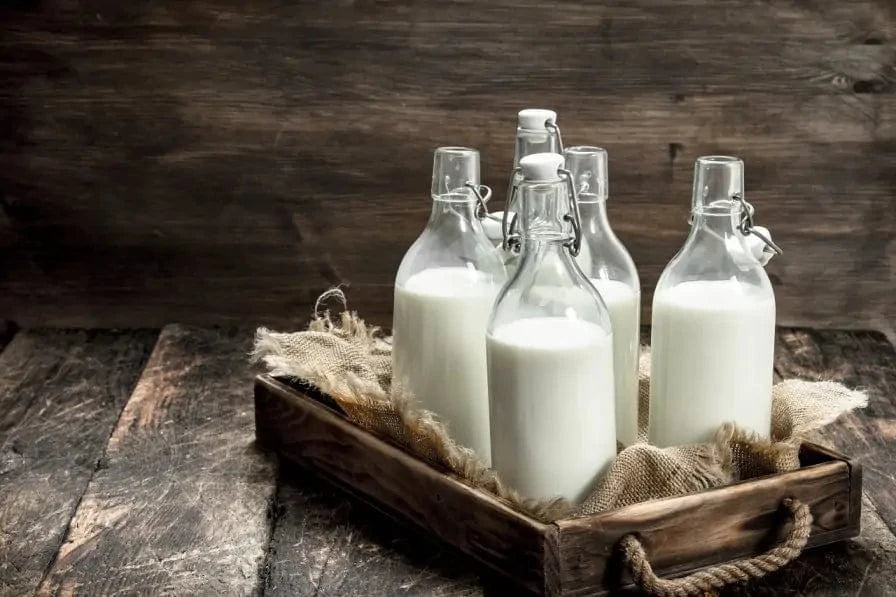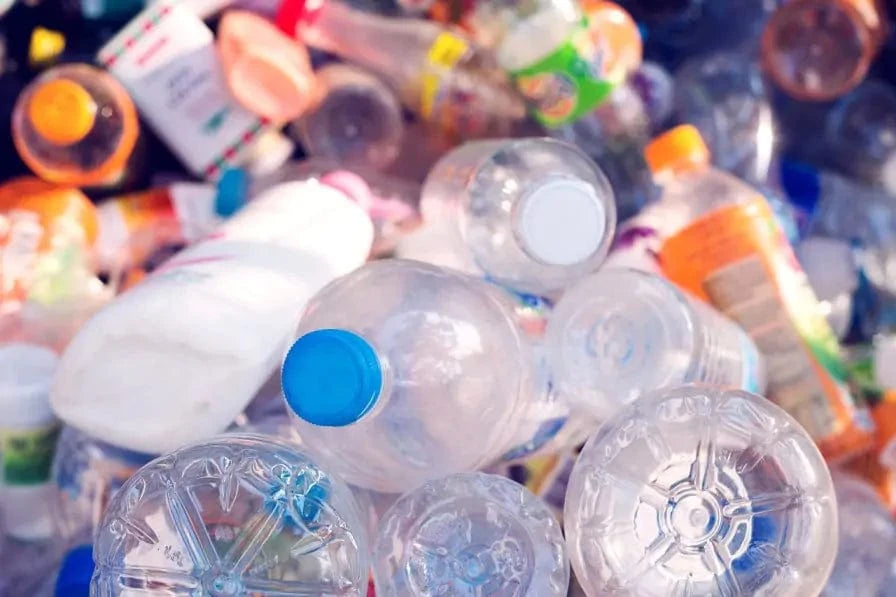Your basket is currently empty.
Shop NowRecycling Offenders

Recycling offenders: Can’t Be Recycled, Won’t Be Recycled
The Recycling Association has labelled Pringles tubes and Lucozade Sport bottles as the "villains" of the recycling world. They are in a list of products which are put in packaging made up of a mix of materials that is near impossible to recycle. The more materials there are in packaging, the harder it is for them to be separated at the recycling facility by machinery.
Pringles packaging has a metal base, a plastic cap, a metal tear-off lid and a cardboard tube, lined with foil. The Lucozade bottle can be recycled but it’s sleeve is made from a completely different kind of plastic.
The problem of rejected recyclables
The amount of waste that is rejected when it reaches recycling facilities is on the increase. So much so, that a £1.5 million prize is up for grabs for inventors who can invent easily recyclable products and packaging. This is set to be launched by Prince Charles later on this year.

The worst recycling offenders
Pringles (and products with similar packaging)
These are made up of many different materials, which are impossible to separate for recycling.
Lucozade Sport (and drinks with similar packaging)
The bottle and sleeve are made of 2 different plastics, which confuses the separating machine. They usually have to be handpicked off the conveyor belt, and often get thrown away.
Cleaning spray bottles
These bottles are made of 2 or 3 different polymers and a metal spring.
Black plastic food trays
Supermarkets use these to make meat look redder, but they are almost impossible to recycle. Consumers will often throw them away with bloody card or paper still attached to the tray so it has to be discarded.
Whisky packaging
The tube the bottle comes in has a metal top and bottom, and the bottle has a metal cap.
What can be done?
Even though these items are hard to recycle, they should still be put into the recycling. The competition for inventors to come up with better ideas for recyclable packaging is split into 2 categories: ideas which will prevent plastic items from ending up in the sea, and ideas for better product design and for materials which are easier to recycle.
Examples of products which are easy to recycle
Milk bottles
Suppliers in the UK decided that plastic milk bottles and caps should be made of the same plastic so they are easier to recycle.

Yoghurt drinks
A Japanese company have made a groove in the bottle where you can slide your straw when you have finished the drink. This prevents it from blowing away, or from being discarded.
Designers need to look at making items that can be used over and over again, as pressure on raw materials is increasing.
There are calls for items that are bought online to do away with branding, for example online groceries don’t need it, as the item has been seen online and purchased.
What do the companies say?
Kelloggs, who own Pringles, claim that the packaging does actually offer environmental benefits. They say that because the different packaging keeps the crisps fresh, they have a longer shelf life and this results in less food waste.
Lucozade said they were working to reduce carbon emissions, and that they recognised that they have a responsibility to reduce the impact of their operations on the environment.
What can be recycled?
Materials that are currently accepted for recycling are as follows (though do check with your local authority as there are different rules in some areas):
Paper
Cardboard boxes, newspapers, magazines, and food and drink cartons including Tetra Paks
Plastic
Margarine and ice cream tubs, yogurt pots, and ready meal trays

Bottles
Drink bottles, shampoo, and detergent bottles
Tins and cans
Steel and aluminium tins and cans, as well as aerosols
Kitchen foil and foil trays
Glass
All colours but no broken glass
These items are currently not recyclable:
-Tissue and kitchen roll
- Plastic wrap, cling film, bubble wrap and plastic bags
- Plastic and paper contaminated with food
- Crisp packets and sweet wrappers
- Polystyrene
- Nappies
Items such as clothing, electronics, plastic bags, and batteries can be recycled at recycling centres and some supermarkets.




